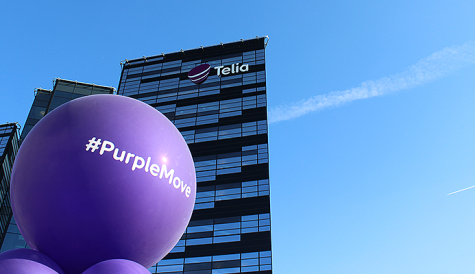Ofcom aims to ban mid-contract inflation-plus price hikes
UK media and telecoms regulator Ofcom plans to ban operators from imposing inflation-linked mid-contract price increases for broadband, phone and pay TV services, and has launched a consultation on its proposals.

Ofcom’s HQ (Source: Ofcom)
The majority of service providers now include provisions for mid-contract price hikes in their customer contracts, linked to expected inflation.
Introducing the proposals, Ofcom said that in recent years, pricing practices where providers impose an annual rise linked to unpredictable future inflation, plus an additional percentage of typically 3.9%, have become significantly more widespread, undermining customers’ understanding of what they will pay.
The watchdog’s analysis of providers’ data found that as of April 2023 four in ten (or 11 million) broadband customers and over half of mobile customers (or 36 million) were on contracts subject to inflation-linked price rises.
The regulator said that it believed the practice had grown since its study.
Ofcom said that mid-contract price hikes of this type complicated the process of shopping around for the best deals, with consumers either being unaware of provisions communicated in the small print of contracts or failing fully to understand what it could mean for the full-year cost of their contract.
The regulator is proposing to introduce a new rule requiring that any price written into a customer’s contract would need to be set out in pounds and pence, prominently and transparently, at the point of sale, including being clear about when any changes to prices will occur.
Ofcom also proposes that the ban will come into effect four months after the publication of its final decision in 2024, following the consultation.
The change in rules is unlikely to be welcomed by operators. Among UK providers, Virgin Media O2 has announced plans for future contracts to include the right to raise prices in line with the UK retail price index going into 2024, obviating the effect of this year’s price hikes which led to a significant upping in churn because the company’s customers, unlike those of rivals, had the right to terminate.
Speaking when the company posted Q2 numbers earlier this year, VMO2 owner Liberty Global’s CEO Mike Fries said that it now had “a contractual right to raise prices by CPI-plus in the same way that BT and other operators have” and announced that the change would be operative next year.
Those plans, like the plans of other operators seeking to up prices mid-contract, may now have to be reversed.
“At a time when household finances are under serious strain, customers need prices to be crystal clear. But most people are left confused by the sheer complexity and unpredictability of inflation-linked price rise terms written into their contract, which undermines customers’ ability to shop around,” said Ofcom CEO Melanie Dawes.
“Our tougher protections would ban this practice once and for all, giving customers the clarity and certainty they need to secure the best deal for their needs and budget.”



